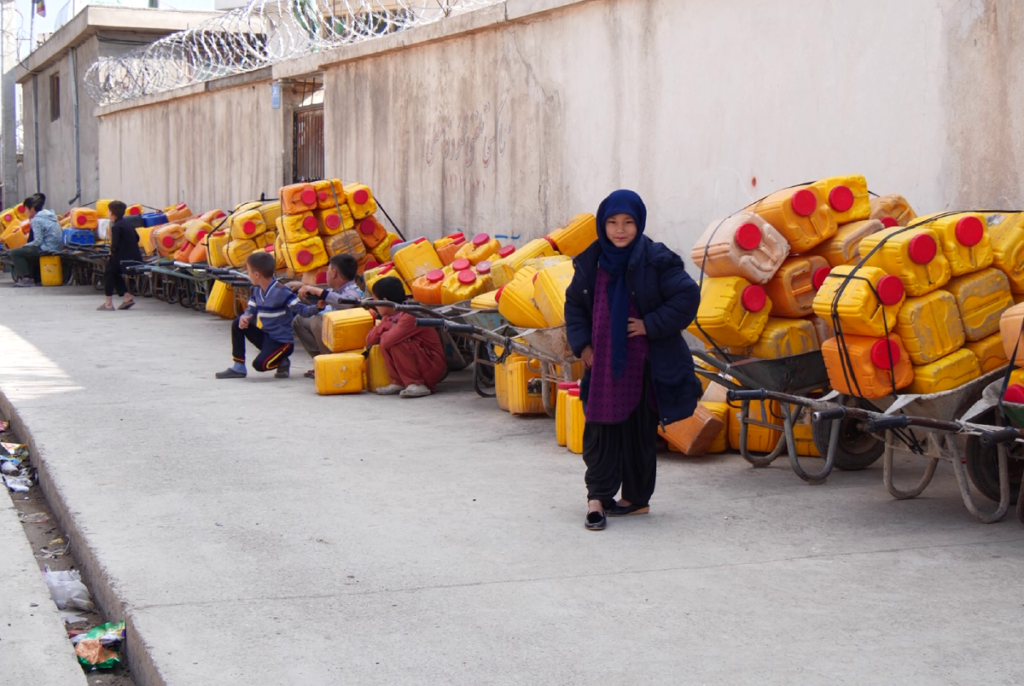Kabul residents complained about the lack of water. They said that despite their economic challenges, they are compelled to buy water.
Residents of Kabul urged the Islamic Emirate of Afghanistan to work on supplying water to the capital.
“We used to have water in our well at seven meters when the Kabul River had water, but now that the water level has dropped to about eighty or ninety meters, we have no water, and the well has dried up,” said Baz Mohammad, a resident of Kabul.
“I have a state faucet which has been dry for nine months. Tankers are currently coming to the streets and we buy one barrel for 10 afghani,” said Ketab Khan, another resident of Kabul.
According to some environmentalists, the excessive use of underground water has caused the reduction of water in the capital.
“The indiscriminate consumption of water happens in the commercial centers that wash cars, carpets, bathrooms and swimming pools,” said Sayed Qayum Hashemi, an environmental expert.
However, the Afghanistan Urban Water Supply and Sewage Corporation (AUWSSC), said that Kabul City’s supply of water has been reduced by 50% due to the lack of rainfall, and, as a result, the majority of residents buy the water they need from private companies.
“Canals used to provide water in quantities between 2,000 and 2,400 cubic meters, but they currently only provide 800 to 900 cubic meters. The water level has dropped due to the decrease in rainfall and snow,” said Shafiullah Zahedi, head of the Kabul City Sewage Water Supply Corporation.
According to the Ministry of Energy and Water, Kabul city is currently facing a severe water scarcity due to a number of factors including an increase in population, the usage of subsurface water, and climate change.
